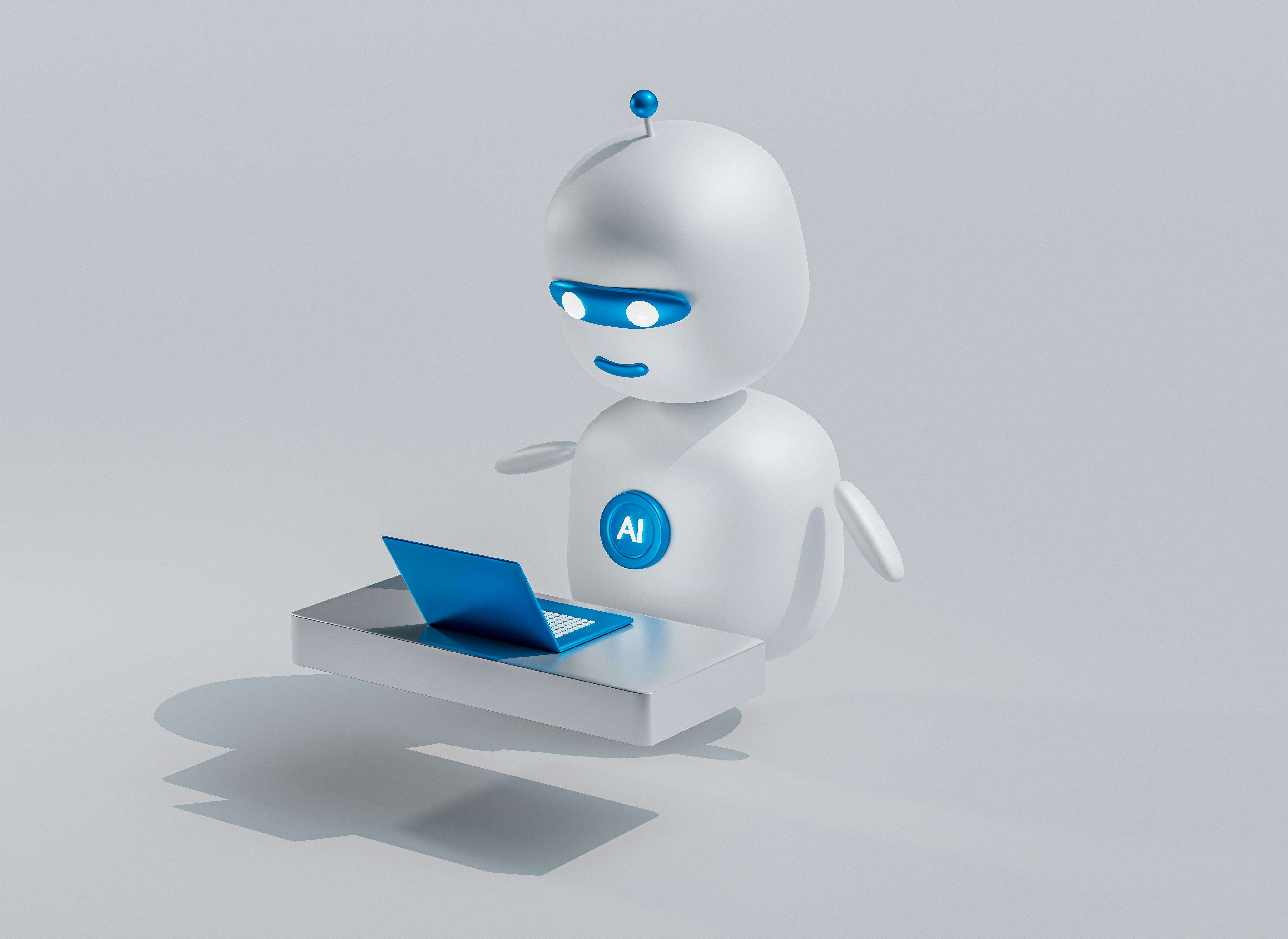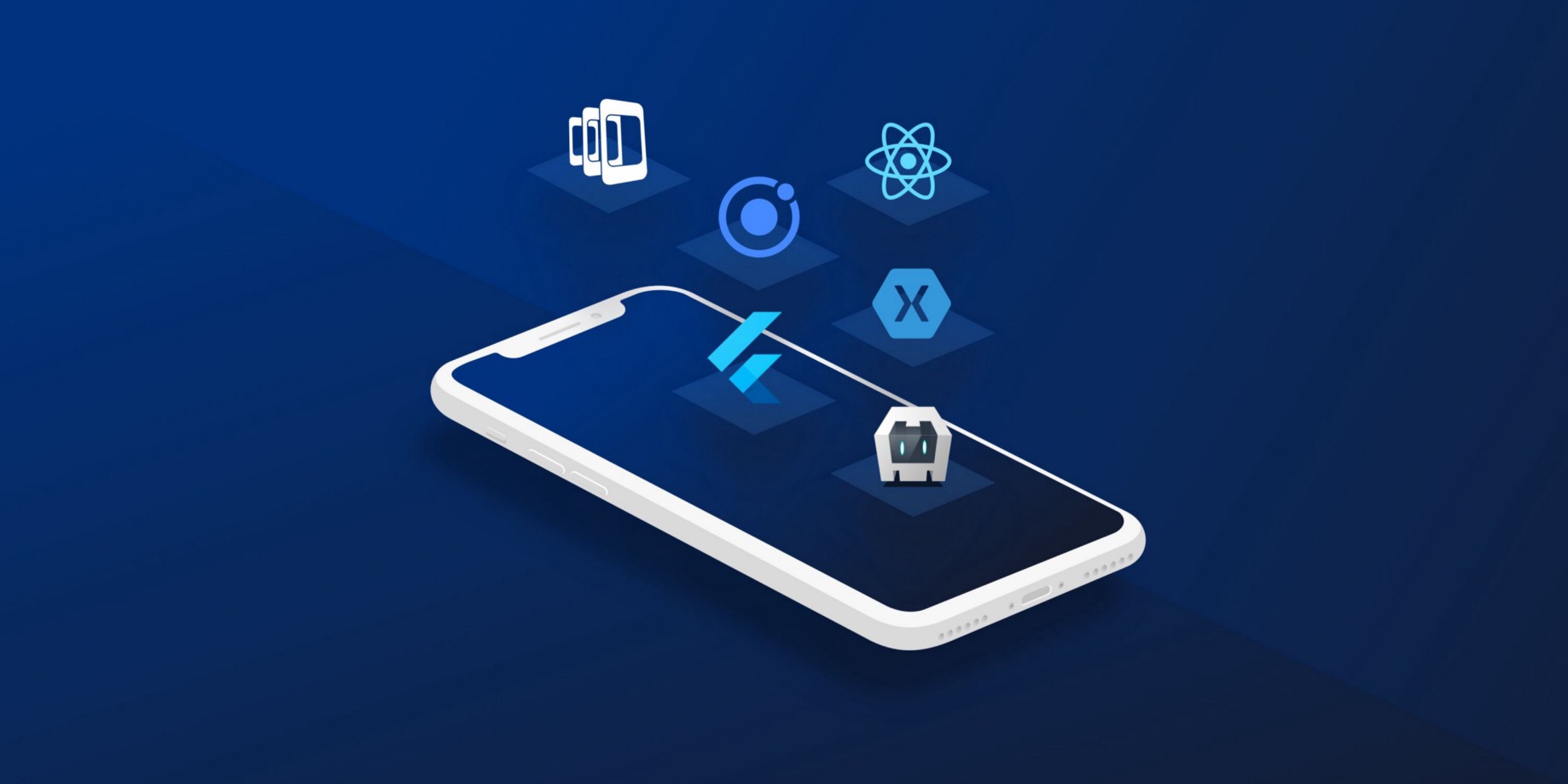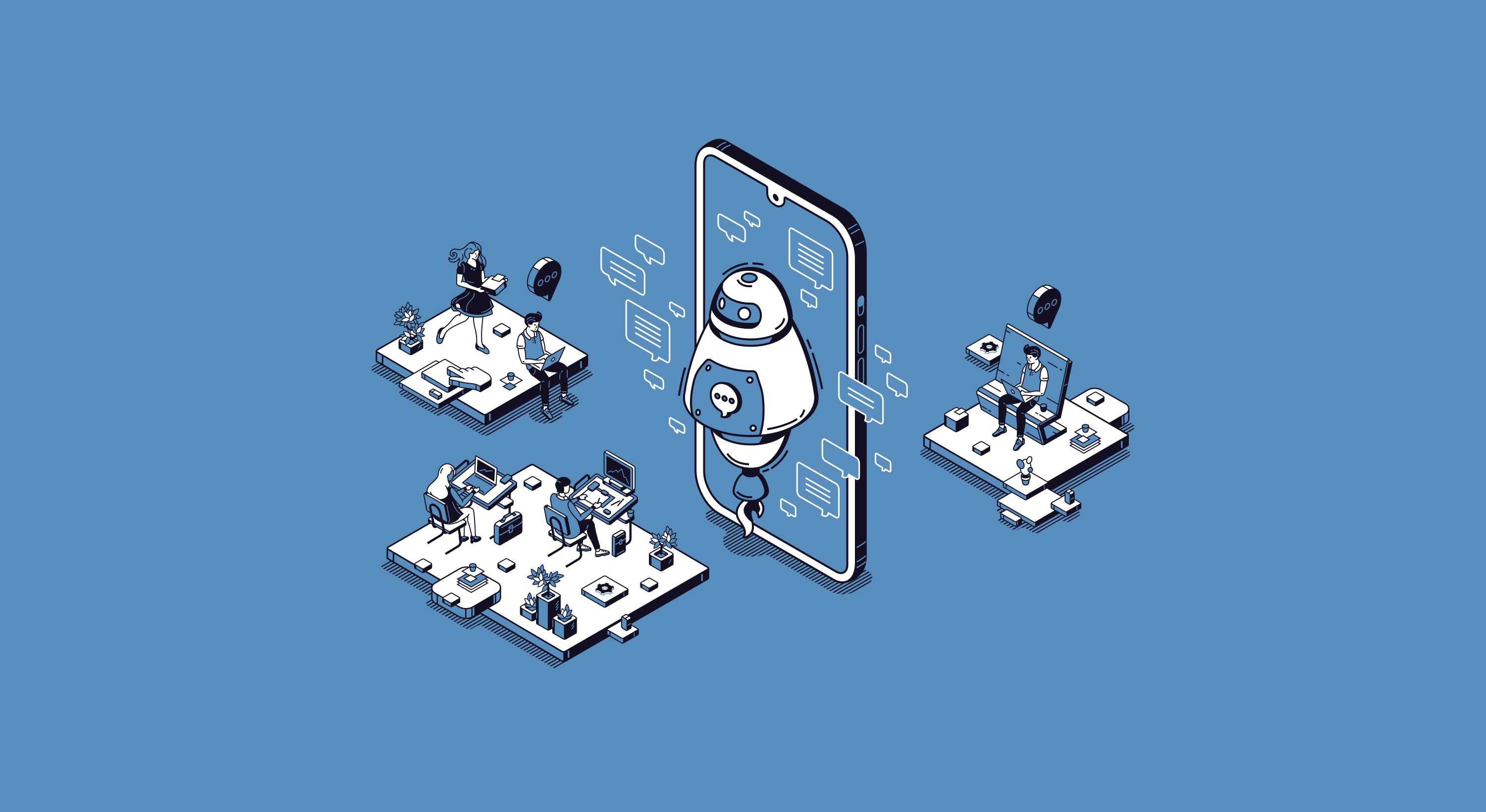Use of Chatbots in Healthcare: 6 Key Use Cases

Thanks to constant technological advancements, the healthcare industry has been undergoing significant changes, associated with the emergence of numerous innovations like Cloud Computing, Artificial Intelligence (AI), Neuro-Symbolic AI, and Natural Language Processing (NLP) in hospital systems, research labs, and doctor practices.
Currently, virtual assistants and AI-driven chatbots have taken center stage. Therefore, this post opens a way to discover how chatbots work in the healthcare industry and their game-changing business potential. Also, check out real-world use cases and the AI chatbot development guide to consider for your projects.
What is a Healthcare Chatbot?
AI-powered chatbots are the next frontier in virtual customer service, planning, and management in healthcare businesses, created with the help of machine learning and large language models (LLMs). What’s to say, a chatbot is an automated tool designed to simulate an intelligent conversation with human users. Hence, the adoption of chatbots may become a strategic advantage.
Suggested read: ERP AI Chatbot to Boost Your Business
For example, Google is experimenting with its chatbots in various healthcare facilities, including the Mayo Clinic. A medical chatbot is also being deployed by Microsoft, which is derived from the collaboration between OpenAI’s ChatGPT and Epic.
How AI Chatbots Work
Message bots are the first point of contact in primary care. They help users recognize symptoms and direct people to get professional medical help when necessary.
Let's take a closer look at the design of an AI-driven chatbot used in the healthcare sector. The essential elements of a healthcare AI chatbot are:
- User interface: A distinctive web, mobile, or desktop application to provide chatbot access. It is also possible to integrate with an existing messaging app.
- AI chatbot: The central part that receives, interprets, and responds to user requests.
- Chatbot database: A dedicated data repository to store user data or to serve as a knowledge base.
- Use cases: A list of specific tasks that an AI chatbot is capable of carrying out. Each use case has a specific goal, such as collecting information about open slots, analyzing symptoms, supplying financial data, etc.
- Large language model. An algorithm to optimize natural language processing to analyze messages and generate responses.
Benefits of Chatbots in Healthcare
Applying chatbots in your healthcare business brings back the following benefits:
- 24/7 availability: With the perpetual accessibility of chatbots, patients have prompt access to medical support whenever they need it as chatbots are designed to provide assistance and ensure issue prevention that may arise during normal business hours, such as enduring a lengthy hold time or rearranging appointments.
- Waiting time reduction: Thanks to AI, chatbots can handle questions with optimized speed and time. Also, they are designed to identify whether a patient needs assistance the most, like in the case of an emergency or during a medical crisis on the instant need of a doctor.
- Rapid access to vital info: Critical information, on nearly medical facilities, hours of operation, and nearby pharmacies and drugstores for prescription refills are possibly provided by healthcare chatbots in a quick and easy format. Additionally, these chatbots can be programmed to respond to particular queries regarding a particular ailment, including what to do in an emergency or what to anticipate from a medical procedure.
- Assistance offerings: Chatbots are a novel approach to serving patients efficiently and effectively, from helping them manage a chronic condition better to enabling patients who are visually or hearing impaired to access important information. They can also be used to assess if a certain circumstance warrants an emergency. This makes it possible to tend to the patient quickly and may come in handy for upcoming visits with the physician or nurse.
- Care cost minimization: It's challenging to find ways to save expenses without sacrificing quality of care and service. Chatbots for healthcare can assist patients in avoiding pointless lab work and other expensive medical procedures. Healthcare chatbots can more efficiently assist patients in navigating the system rather than requiring them to do it themselves and incurring extra expenses.
- Patient satisfaction enhancement: How patients and healthcare professionals can give and receive "humanized" care from a chatbot is a major problem. Thankfully, healthcare chatbots are rapidly developing in sophistication because of AI breakthroughs. They have an amazing ability to comprehend patients' demands and provide them with the information and assistance they require.
Six Common Use Cases of Chatbots in Healthcare
Easy Scheduling Of Appointments
Healthcare chatbots can arrange appointments for patients faster and better based on the information of the patient’s condition, allergies, insurance information, and the doctor’s availability. A whole package of practices is performed, including:
- Securing a time slot at a lab testing facility or specialty healthcare facility
- Rescheduling missed or canceled appointments
- Looking through the doctor's and patient's schedules to determine the best time slot
- Making appointments in advance to support a patient's treatment plan
- Incorporating medical appointment reminders and updates into the user's device calendars
Assessing Symptoms
A healthcare chatbot is capable of raising questions, understanding symptoms, providing automated care along the way, helping identify high-risk patients, and placing them in touch with a healthcare provider via phone call, telehealth, e-visit, or in-person appointment. Later, the patient can define what level of therapies and medications are required using an interactive bot and the data it provides.
Providing Necessary Medical Information
Chatbot algorithms are optimized to process large-scale healthcare data, including disease symptoms, diagnoses, indicators, potential therapies, and matters relevant to pre- and post-consult results such as diet, sleep routines, and medications. Thereby, they may undergo a procedure of healthcare data analytics and come to comprehend user questions and then respond depending on predefined labels in the training data.
Coverage and Claims
Adopting an AI chatbot for health insurance claims which are complicated and stressful can help alleviate the stress of submitting a claim and thereby improve overall patient satisfaction. A host of practices on insurance claim assistance are obtaining pertinent information, verifying patients’ current coverage, scanning files for claims, or tracking the status of a claim.
Additionally, this results in the convenience for doctors to pre-authorize billing payments and other requests from patients or healthcare authorities as it facilitates quick access to patient information and questions.
Providing Information about Public Health Concerns
Healthcare chatbots can provide information about public health concerns like COVID-19, flu, and measles. Indeed, recent years of COVID-19 context have shown how healthcare chatbots have been used to assist, including:
- Referring individuals with serious symptoms to hospitals with beds and staff available
- Answering FAQs and offering information about COVID-19 updates and symptoms around the clock
- Arranging for the next shots and locating the nearest immunization facility
- Supplying mental health support to manage the stress caused by the pandemic
Gathering patients’ feedback
A questionnaire provided by an AI chatbot makes the entire process of giving feedback to the healthcare business easier and suggestions on experience improvement. This results in the anticipated service improvement for both current and future patients. In other words, this practice helps healthcare businesses improve their delivery of care.
The Bottom Line
AI technology in healthcare, along with its diverse applications, including chatbots, is anticipated to advance over time and provide an increasingly more dependable, safe, and humanized experience for the patient. This is extremely important to the healthcare industry because it opens the door to reduced expenses, fewer downtime, more employee morale, and better, more reliable patient care.
When it is your time to look for a chatbot solution for healthcare, reach out to a qualified software development company like Axalize and have the best solutions served to you.


